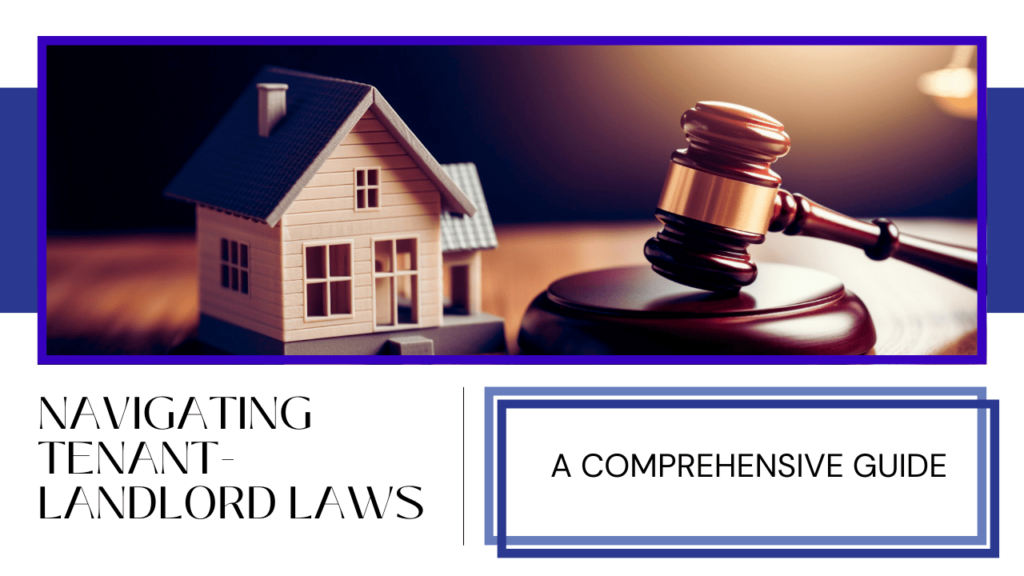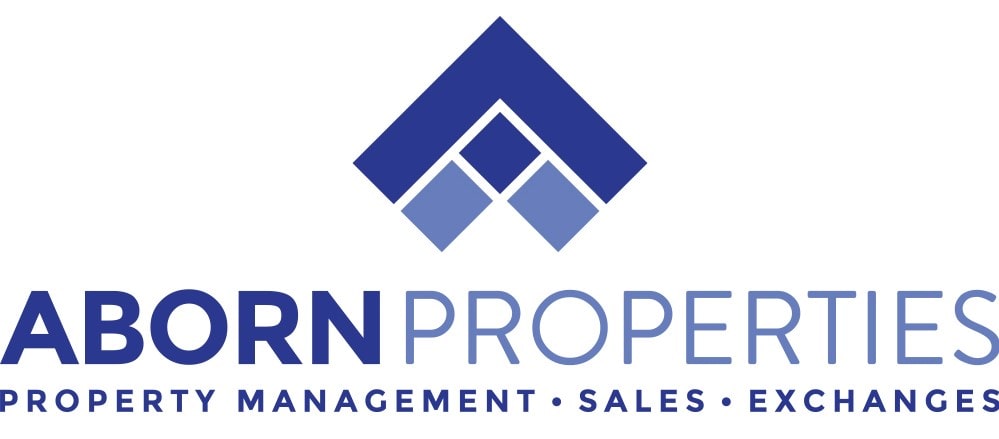
It’s a good time to talk about navigating tenant-landlord laws in California, because there’s an important change that’s hitting landlords and rental property owners in July of 2024. That change is to how much you charge for a security deposit. If you were collecting two times the rental amount, you cannot do that anymore.
We’ll explain more a bit further in this blog; we’re simply using the security deposit example as a way to highlight how easily the laws can change. By now, you are likely comfortable with all of the new regulations that went into effect in 2020 around rent control and just cause eviction. But, a lot has changed since then.
We’re taking some time to provide a guide around how to remain compliant with all of the laws that come with renting out a San Jose property. As you probably know, California is well-known for having strict tenant protections in place.
You need to stay up-to-date.
A San Jose property management partner can be your best defense against expensive legal mistakes. Remember that if you get into trouble or have a question; we’re here to help.
Security Deposit Laws in San Jose and California
As we mentioned, the security deposit law is changing. Specifically, the amount you can charge in a security deposit is changing. Right now, rental property owners can charge up to the equivalent of two months’ rent for an unfurnished rental. For a furnished rental, the security deposit limit jumps to three times the monthly rent.
As of July, 2024, you’ll only be able to charge the equivalent of one month’s rent. This applies to furnished and unfurnished properties.
There are exceptions. If you’re a landlord with only one or two residential properties, and there are no more than four units offered for rental, you can ask for a higher security deposit. However, even landlords who are exempt from the law are required to limit the amount of security deposit collected from service members.
Talk to a San Jose property manager before you charge a security deposit that’s any more than the equivalent of one month’s rent.
California Rent Control Laws
Understanding and complying with the rent control laws is important to landlords in San Jose. In the city of San Jose, the Apartment Rent Ordinance limits rental increases to 5 percent every 12 months. Properties that were not covered by this local law in San Jose may be subject to the rent control restrictions that the statewide rent control law established.
To lawfully rent out properties and raise the rent, you’ll need to know which rent control law applies to you, if either of them do. And, whether you’re included in or exempt from rent control, you have to make sure your lease agreement reflects that fact.
Just Cause Eviction Laws in California
The San Jose rental properties bound by statewide rent control are also bound to just cause eviction laws. To evict a tenant from your property, there has to be a just cause, or a very good reason. You are not permitted to simply terminate a tenancy because you don’t want your tenant living in your property anymore. You absolutely cannot terminate a tenancy just because you want to rent the property out to someone else for more money.
Legally, there are 16 different just causes for eviction in San Jose:
- Nonpayment of rent.
- Lease violation that has not been corrected after written notice.
- Nuisance or substantial damage to the unit.
- Illegal use of the unit.
- Tenant refuses to execute a written extension after the lease ends.
- Refusal to grant the landlord access to the unit as required by law.
- Unapproved subtenant living in the unit.
- Landlord or close relative of the landlord needs to move into the unit.
- Sale of a unit which has been converted to a condo.
- Demolition or removal of the unit from housing use.
- Capital improvements or rehabilitation.
- Substantial rehabilitation of a building that is essentially uninhabitable.
- Ellis Act evictions which require withdrawal from rental housing use all of the units in the building.
- Lead abatement.
- Demolition.
- Good Samaritan Occupancy Status for the tenant expires.
In some of these cases, a tenant relocation payment will be required.
Following Fair Housing Laws in California
Fair housing mistakes are expensive. If you don’t have a good grasp on fair housing laws, you need to educate yourself as quickly as possible or let a property manager in San Jose take over the screening, leasing, and management of your investment.
The California state laws are actually stricter than the federal fair housing laws.
California’s fair housing laws prohibit discrimination based on:
- Race
- Skin color
- Religion or creed
- National origin or ancestry.
- Sex
- Physical or mental disability
- Familial status
- Sexual orientation
- Age
- Gender identification
- Gender expression
- Veteran or military status
- Citizenship
- Primary language
- Marital status
- Source of income
- Genetic information
This is a list that is always evolving. It is essential that when you rent out a property, you keep up on all fair housing laws at a state, local, and federal level. Things have changed with service animals and emotional support animals, for example. Make sure you’re up to date.
California Laws around Organic Waste
New recycling laws are in place for multi-family properties in California. If you own a building with five or more rental units, you need to provide your tenants with a way to dispose of organic waste separately and in accordance with state law. You can either subscribe to the local curbside collection service to have organic waste removed or you’ll be required to haul the waste to a composting facility. Your building needs a container that’s correctly labeled. You must provide the composting information on organic waste collection to your residents within 14 days of them moving into your rental unit.
Updated Habitability Laws
The Implied Warranty of Habitability is a law that’s been around for a while, but recent laws are requiring cities to double down on enforcement. If the city of San Jose receives a habitability complaint, they’re required to investigate, even if it seems frivolous.
 This is a comprehensive guide to the most important California laws you need to know as a San Jose property owner. It’s not exactly an exhaustive list. Protect yourself from risk and liability, and work with a San Jose property manager to ensure you’re in compliance. We can help. Contact us at Aborn Properties.
This is a comprehensive guide to the most important California laws you need to know as a San Jose property owner. It’s not exactly an exhaustive list. Protect yourself from risk and liability, and work with a San Jose property manager to ensure you’re in compliance. We can help. Contact us at Aborn Properties.

 Andrea Caldwell
Andrea Caldwell Roy Kellett
Roy Kellett Joi Walker, MPM®, RPM®, MBA
Joi Walker, MPM®, RPM®, MBA Gary Walker, Broker/Owner
Gary Walker, Broker/Owner